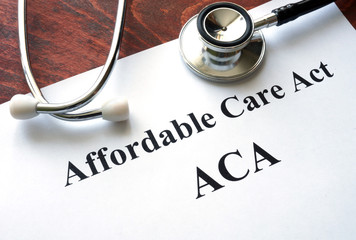Employers should be aware of the top compliance issues that impact their health plan coverage for 2024. Some of these compliance issues are established requirements for employers, such as the…


Employers should be aware of the top compliance issues that impact their health plan coverage for 2024. Some of these compliance issues are established requirements for employers, such as the…

On Dec. 23, 2024, the Departments of Health and Human Services, Labor and the Treasury (Departments) rescinded a proposed rule from February 2023 that would have expanded access to contraceptive…

The minimum wage rate is expected to change in 2025 in the following states: Alaska Arizona California Colorado Connecticut Delaware District of Columbia Florida Illinois Maine Michigan Minnesota Missouri Montana…

On Dec. 16, 2024, the U.S. Department of Labor (DOL) announced a final rule that removes the agency’s 2021 final rule (2021 Dual Jobs Rule) that updated tip regulations under…

Effective in 2020, the Consolidated Appropriations Act, 2021 (CAA) prohibits health plans and health insurance issuers from entering into contracts with health care providers, third-party administrators (TPAs) or other service…

Mental illness is a prevalent issue in the United States. According to the National Institute of Mental Health, more than 1 in 5 (23.1%) adults live with a mental illness.…

On Oct. 7, 2024, the General Counsel (GC) of the National Labor Relations Board (NLRB) issued a memorandum asserting that certain “stay-or-pay” provisions unlawfully infringe on employee’s rights under the…

Although the end of the year is a busy time, employers should continue to prioritize compliance requirements for their employee benefit plans. There are several benefits-related tasks that employers should…

IRS Revenue Procedure 2024-40 includes updated penalty amounts that may apply to reporting entities that fail to comply with the Affordable Care Act’s (ACA) requirements under Internal Revenue Code Sections…

On Oct. 22, 2024, the IRS released Revenue Procedure 2024-40 (Rev. Proc. 24-40), which includes the inflation-adjusted limit for 2025 on employee salary reduction contributions to health flexible spending accounts…